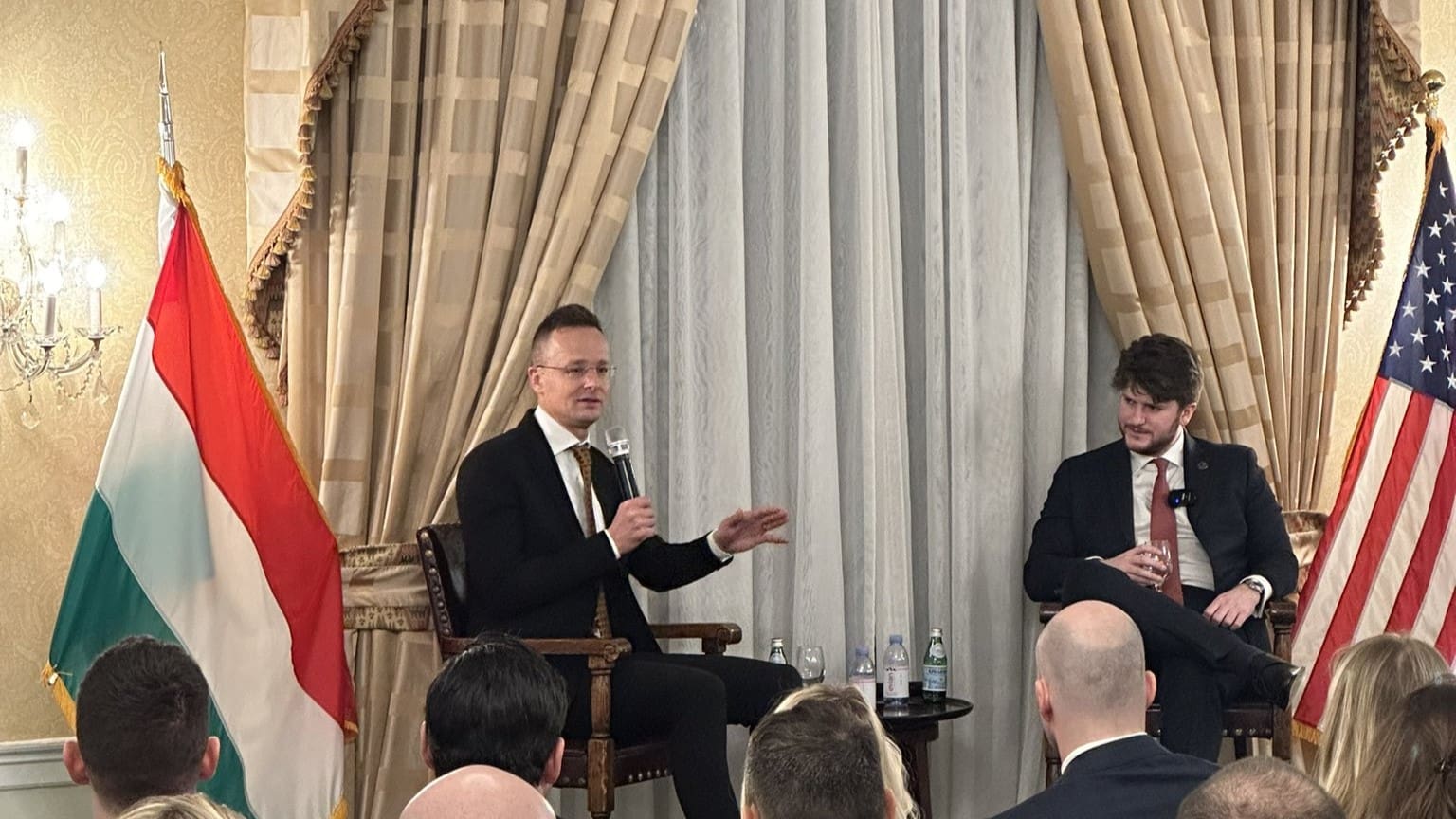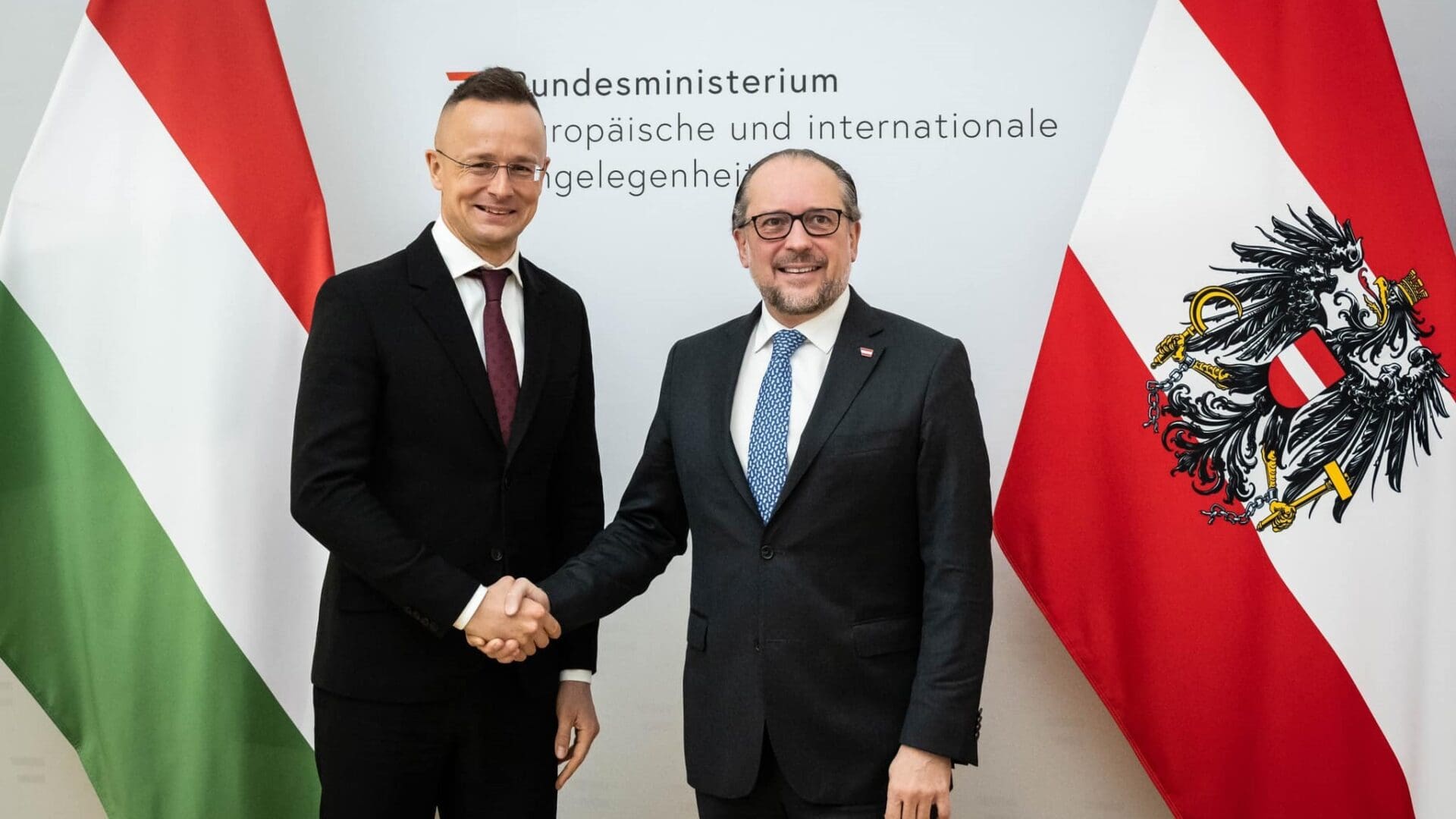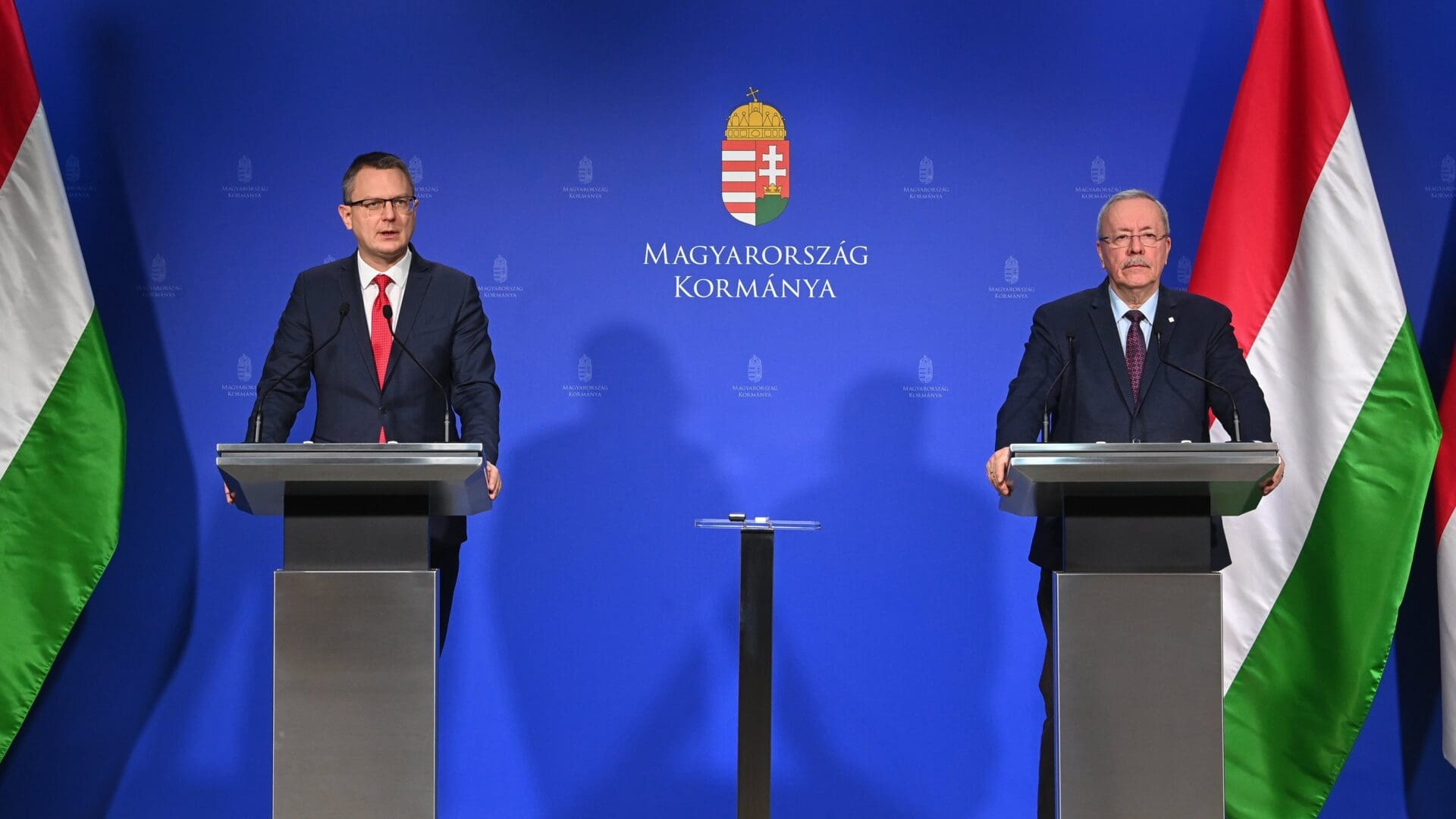
Migration Pact a Potential Powder Keg for Europe, Former Polish PM States
Former Polish Prime Minister Mateusz Morawiecki, Hungarian Prime Minister Viktor Orbán, and Fabrice Leggeri, former head of the EU border agency Frontex and current lead candidate for the right-wing National Rally (RN) party participated in a public discussion held in the European Parliament on Tuesday. They shared their concerns regarding migration and the newly adopted Migration Pact, agriculture, and green policies.









